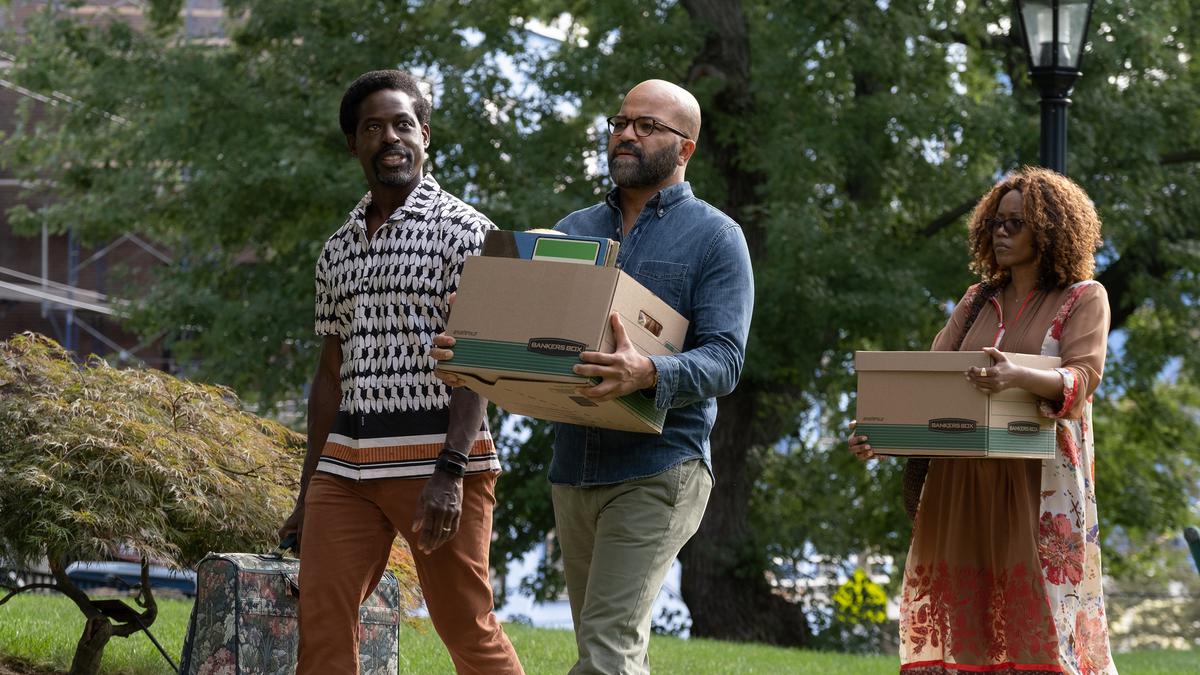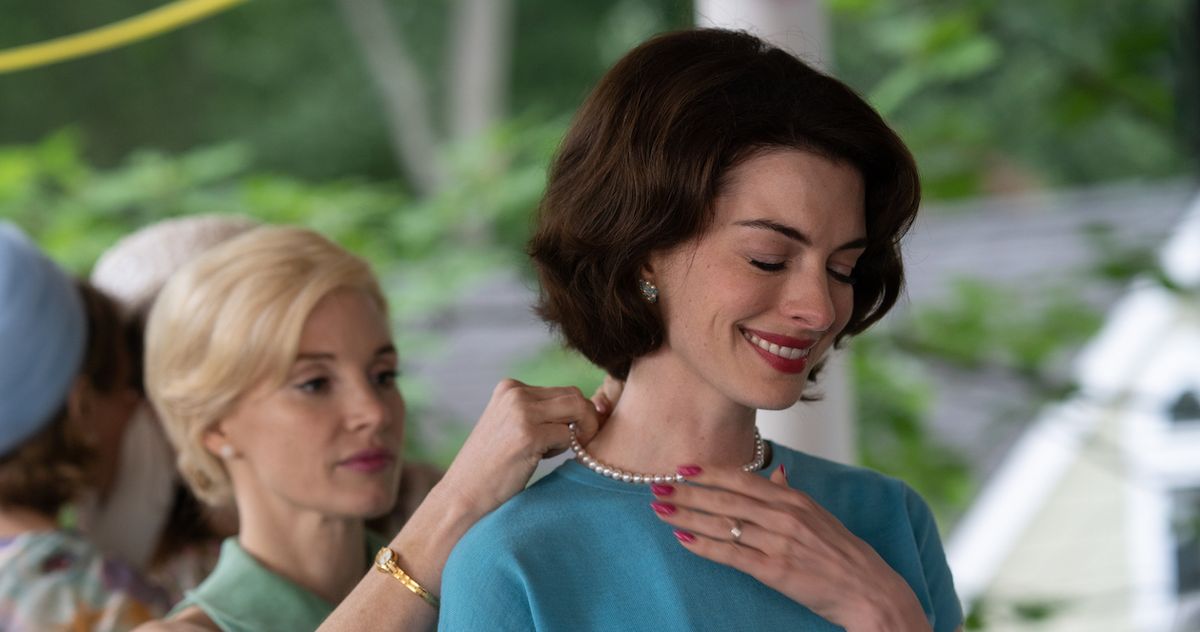One is almost looking over oneâs shoulder to avoid the hyperbole that American Fiction so cleverly and savagely attacks. Based on Percival Everettâs 2001 novel, Erasure, Cord Jeffersonâs directorial debut is a glorious ride through the earnest silliness of academia and the publishing industry.
American Fiction
Director: Cord Jefferson
Cast: Jeffrey Wright, Tracee Ellis Ross, John Ortiz, Erika Alexander, Leslie Uggams, Adam Brody, Issa Rae, Sterling K. Brown
Storyline: A literary author decides to write a trashy book as a joke only to have it turned on him when the world takes the book seriously
Run time: 117 minutes
Thelonious âMonkâ Ellison (Jeffrey Wright) is a literary author whose books, though well reviewed, do not sell. His agent, Arthur (John Ortiz) says publishers reject his latest manuscript for not being âblackâ enough. After an altercation over race with a student at the Los Angeles college where he teaches, Monk is asked to go on a leave of absence and spend time with his family in Boston.
While attending a literature festival, Monk finds his panel poorly attended though another author, Sintara Goldenâs (Issa Rae), is packed. Sintara is the flavour of the season with her novel Weâs Lives in Da Ghetto, which is full of the expected argot, teen pregnancies and poverty. Meanwhile, Monk meets his sister Lisa (Tracee Ellis Ross) a recently divorced doctor, who is left as the primary caregiver for their mother, Agnes (Leslie Uggams) after Monk and his brother Cliff (Sterling K. Brown) left home.
Cliff is a plastic surgeon whose wife left him on finding him in bed with another man. Monk begins a relationship with his neighbour Coraline (Erika Alexander), a lawyer, who has read and enjoyed one of Monkâs books. Eventually frustrated with the criticsâ and publishersâ efforts to reduce the black experience to a bunch of stereotypes and in urgent need for money to pay for his motherâs care, Monk writes My Pafology, packed with gang wars, drugs and pathetic fathers.
Writing under the ridiculous pseudonym of Stagg R. Leigh, Monk is shocked to find his publishers giving him a hefty advance and Hollywood producer Wiley (Adam Brody) offering millions to make a movie based on the book. In an effort to give the âlimousine liberalsâ grit and reality, Monk pretends Leigh is a fugitive from the law. As the book zooms up the bestseller charts, the FBI is after him and Monk has to judge his book for a literary prize.

A still from âAmerican FictionâÂ
Sintara is also on the panel of judges and while the other three judges are all for Leigh winning the prize, Monk is surprised that Sintara finds the book fake and pandering. The climax at the literary award dinner reveals a surprise.
American Fiction is beautifully written and acted, as Wright breathes life into Monk with deft, small touches â his rage, bemusement and tenderness are delightfully understated. The love between the housekeeper, Lorraine, (Myra Lucretia Taylor) and the policeman Maynard (Raymond Anthony Thomas) is a sweet path one can go down as is the fractious yet ultimately warm relationship between the siblings.
Staggâs characters â Willy the Wonker (Keith David) and Van Go Jenkins (Okieriete Onaodowan) â coming alive is fiendishly clever. The film is filled with these bright touches, including the names and is so reminiscent of the intense discussions in literature class. Indian writing in English went through these labels that literary criticism delighted in from post-colonial to diaspora. Indian movies could also be divided into exotica featuring snake charmers and ruminating cows, the Raj movies, with fainting English roses, and others featuring the oppressed and foul-mouthed gangsters who end up shot to death in bathtubs full of money.
Up for five Oscars including Best Picture and Actor for Wright, American Fiction proves one does not need to be gloomy to make a point; one can have loads of fun while doing so.
American Fiction is currently streaming on Amazon Prime Video

































